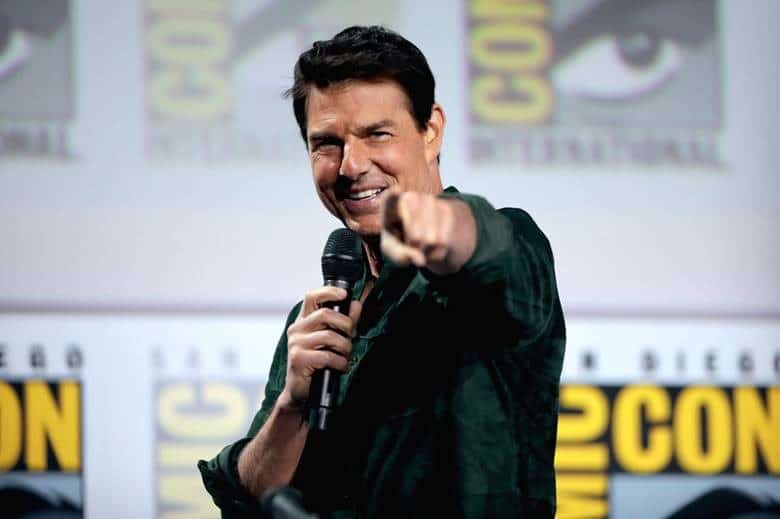As Top Gun: Maverick passes Doctor Strange 2 to become the highest-grossing movie in the US this year, it’s attracted a copyright infringement claim by the heirs of the writer of the article that inspired the original 1986 Tom Cruise movie.
As NPR reported,
In 1983, Ehud Yonay wrote an article for California magazine called “Top Guns,” a character-driven tale of two ambitious Navy fighter pilots. Paramount Pictures bought up the film rights, and three years later, in 1986, “Top Gun” came out. Now Yonay’s family says they own the copyright to the story and that Paramount is infringing on it.
As a general rule, for works created after January 1, 1978, copyright protection lasts for the life of the author plus an additional 70 years. Thus, the author’s heirs, as well as the original author, can claim infringement and seek royalties for the use of copyrighted material.
Yonay died in 2012, and the claim is being made by his widow and son. They filed a notice in 2018 reclaiming the copyright to the article that had been sold to Paramount, and this took effect in 2020.
As Variety notes,
“Top Gun: Maverick” went into production in May 2018 and was originally due to be released in July 2019. The film was postponed by a year, to June 2020, to allow more time to work on flight sequences, and was then delayed by an additional two years due to the pandemic. The lawsuit contends that the film was not actually completed until May 2021, more than a year after the termination notice took effect.
The case will turn on several issues, including the little-known doctrine of copyright reversion or termination.
Under 17 U.S.C. § 203(a)(3),
In the case of any work other than a work made for hire, the exclusive or nonexclusive grant of a transfer or license of copyright or of any right under a copyright, executed by the author on or after January 1, 1978, otherwise than by will, is subject to termination under the following conditions:
Termination of the grant may be effected at any time during a period of five years beginning at the end of thirty-five years from the date of execution of the grant; or, if the grant covers the right of publication of the work, the period begins at the end of thirty-five years from the date of publication of the work under the grant or at the end of forty years from the date of execution of the grant, whichever term ends earlier.
A major issue is whether the new Top Gun movie really infringes the author’s copyright in the article, which was factual.
As TechDirt points out,
You cannot copyright facts. And most movies based on magazine articles don’t actually copy any of the copyright-protected prose of the article. And so “movie rights” is really just a kind of insurance policy. It tends to do two things: (1) prevent the original article writer from making a stink about how unfair it all is, and (2) possibly, though not always, get the writer to at least help out a bit on the movie story to make sure it makes sense. And that’s it. There isn’t much in the way of actual “rights” involved, because the movies rarely have much to do with the actual material that is covered by the copyright.
And, indeed, that appears to be the case with the “Top Guns” story, which was not about Maverick and Goose, but as the complaint itself points out, two actual pilots with totally different nicknames.
According to NPR,
Paramount said, quote, “these claims are without merit, and we will defend ourselves vigorously.” The studio also said in response to a cease-and-desist letter sent by the family that “Top Gun: Maverick” isn’t obviously derivative of the magazine story and that the film was sufficiently completed before the copyright switched over. The Yonays dispute both of those claims. Which of those arguments will fly is now up to the court.
Just like the haiku above, we like to keep our posts short and sweet. Hopefully, you found this bite-sized information helpful. If you would like more information, please do not hesitate to contact us here.


